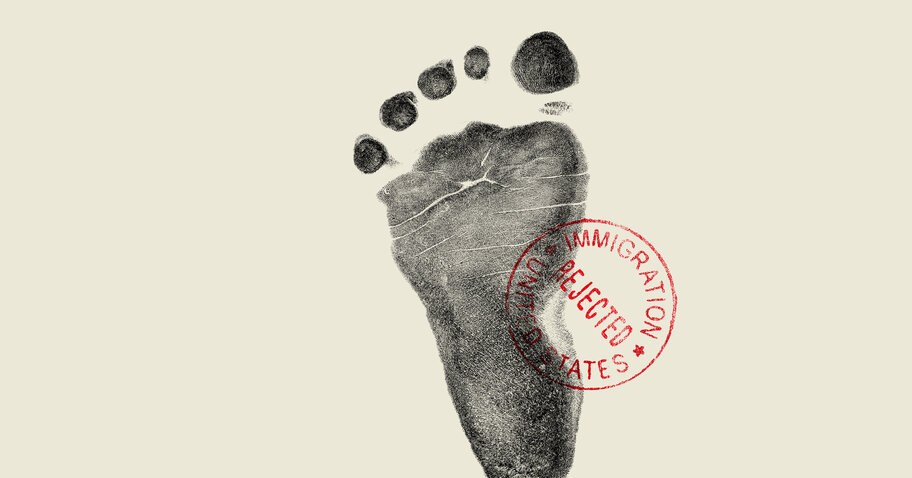When the 14th Amendment was ratified in 1868, it defined the United States nearly as deeply as the nation’s founding documents. “It’s certainly the most important change in the Constitution since the Bill of Rights,” the historian Eric Foner told me.
The amendment grants citizenship to almost everyone born inside the country — a rare policy for an advanced economy in the 21st century. Among the 20 most developed countries in the world, only Canada and the United States allocate citizenship using the legal principle of jus soli, the right of soil.
President-elect Donald J. Trump has vowed to overturn territorial birthright citizenship. “We’re going to have to get it changed,” he told NBC News during his first extended interview after winning the election in November. “We’re going to end that because it’s ridiculous.”
Trump has said that he will release an executive order denying birthright citizenship to the children of “illegal aliens” on the first day that he takes office. Members of his team have told The New York Times that his administration will not issue passports and Social Security cards to children born to undocumented parents. These moves will inevitably be challenged in court, where the fate of birthright citizenship is likely to be decided.
Efforts to end birthright citizenship for the children of unauthorized migrants date back more than four decades, but Trump’s return will most likely present one of the greatest challenges in the 14th Amendment’s 157-year history. Legal arguments that were once regarded as fringe have moved to the mainstream. The Supreme Court has proved itself willing to break with historical precedent in cases involving other conservative priorities, like abortion and presidential immunity. And Trump, who campaigned on the idea of restricting birthright citizenship, is entering office with a majority of the vote.
If Trump follows through on this promise, it would represent a triumph for a certain vision of America. The United States has always wrestled with two strains of nationalism, explains Gary Gerstle, a historian at the University of Cambridge. On the one hand, “civic nationalism” imagines America as a country open to everyone, regardless of faith, color or creed.
Thank you for your patience while we verify access. If you are in Reader mode please exit and log into your Times account, or subscribe for all of The Times.
Thank you for your patience while we verify access.
Already a subscriber? Log in.
Want all of The Times? Subscribe.




